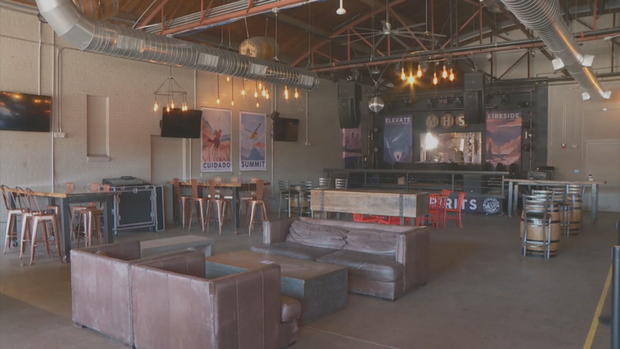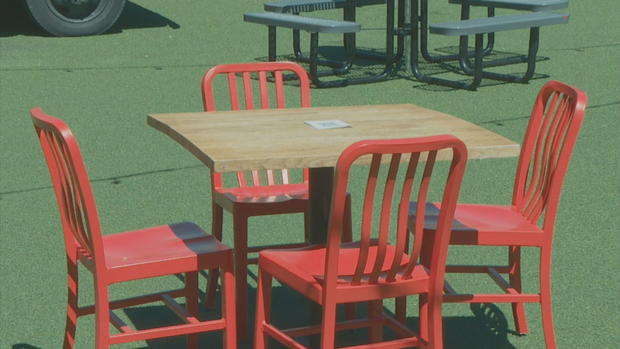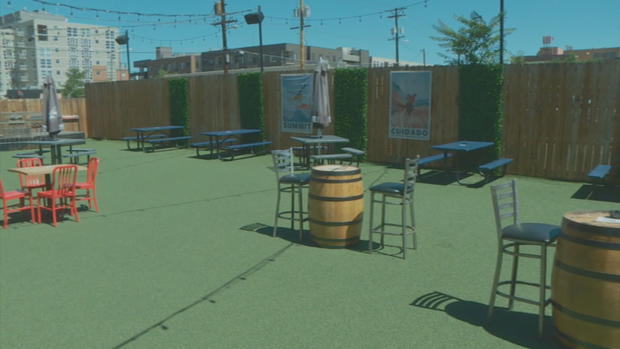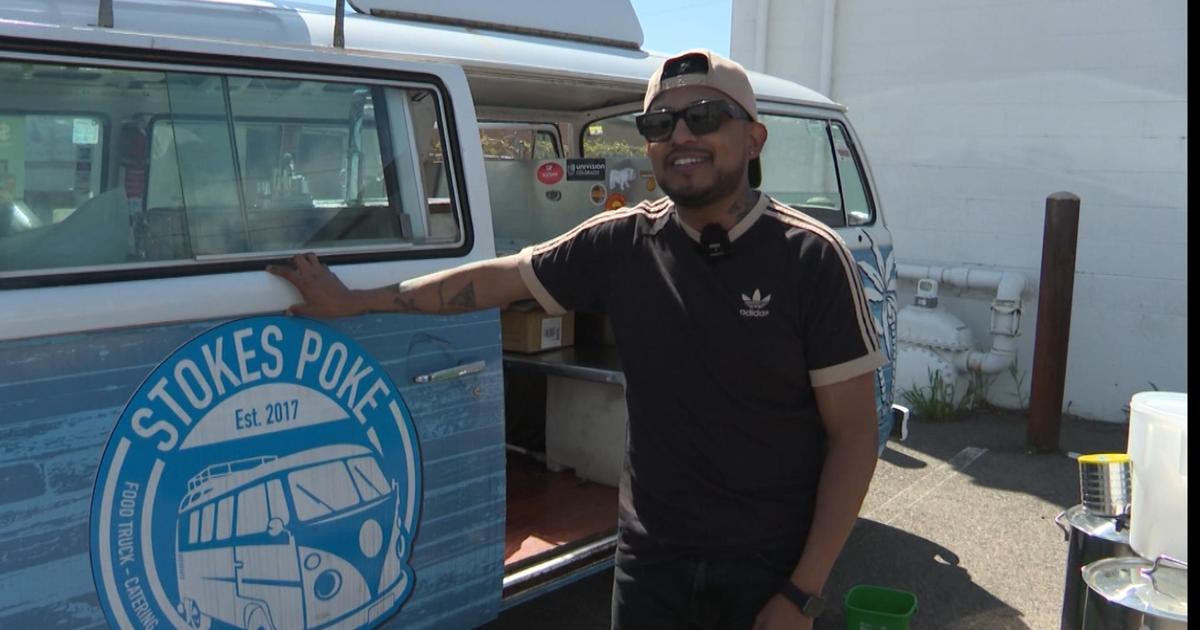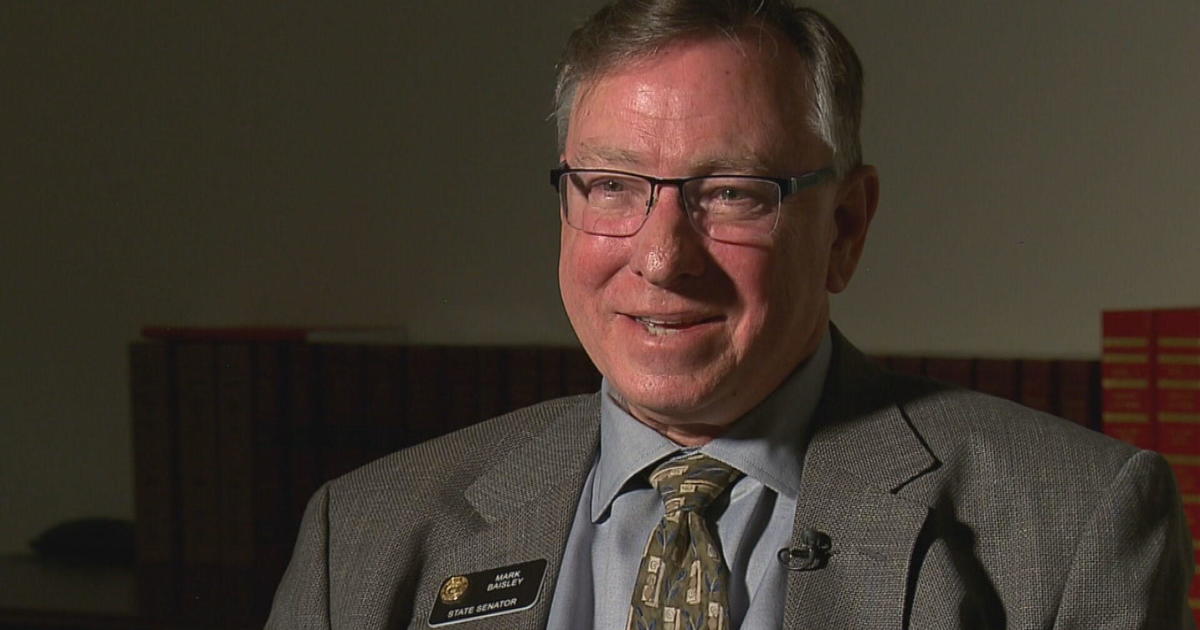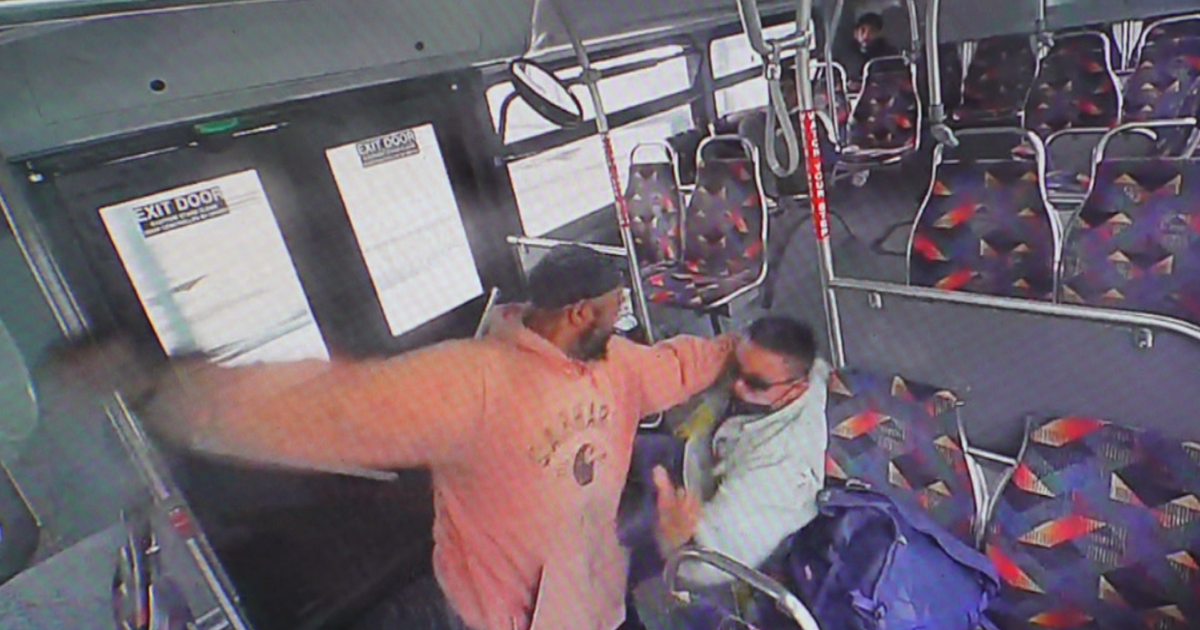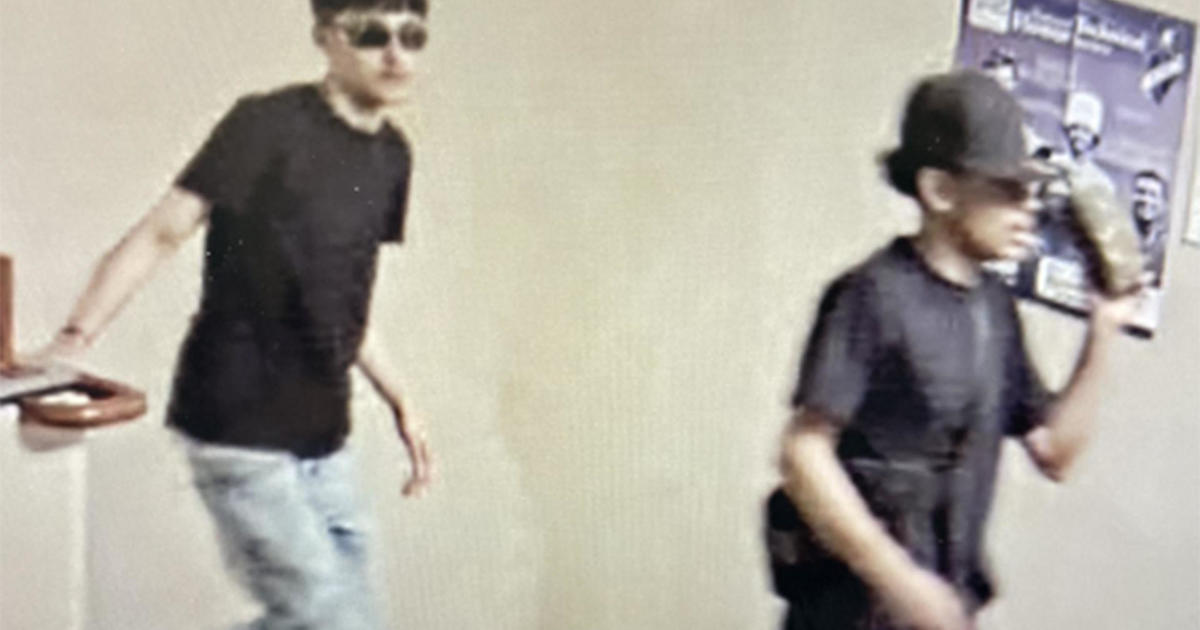Restaurants, Bars Experience Drop In Revenue During 10 p.m. Last Call Mandate
DENVER (CBS4)- Restaurants and bars are noticing a drop in revenue since Gov. Jared Polis ordered alcohol service to end at 10 p.m. Businesses have made significant changes to their operations to accommodate that rule and keep customers coming back during reduced hours.
"It's been a pretty wild ride, even when we found out that we were going to be closed for about 60 days in the beginning, we thought like this can't be," said Wyn Ferrell, one of the owners of Mile High Spirits. "We're going to work with whatever legislation makes everybody the most safe but it has been very interesting to be a business in these times."
Polis said the order to change "last call" in July was targeted at adults in their 20s. He was worried they were drinking too late into the night and losing their awareness about stopping the spread of COVID-19. When he announced the policy, he said it would take place for 30 days. Some business owners tried to challenge the order in court but a judge ruled last week that it should remain in effect.
"As they changed the hours we're allowed to operate in, we've had to change our business a lot," Ferrell told CBS4 on Friday. "We're not loading a dance floor with international DJs right now, we're a sit-down restaurant with phenomenal food from our Chicken Rebel food truck partnership."
On a Friday before the pandemic, Mile High Spirits could welcome 750 to 1,500 guests in one day. In order to follow social distancing rules, they need to limit their capacity to 75 people at all times. They also need to serve food in order to stay open in accordance with Colorado policy.
"It was definitely an adjustment, people will show up at 9:45, 9:50, looking to grab a drink and it's a common time for somebody to be doing that," he said. "I can tell you this is hard, I mean this is hard for us, this is hard for every bar and restaurant."
The Colorado Restaurant Association says its members are down 20% to 50% because of the new rule in serving alcohol. Those most affected are bars and restaurants with a higher dependence on late night guests. But even sit down restaurants that operate earlier hours are noticing the impact of not being able to sell alcohol after 10 p.m. While some bars are choosing to make sure all drinks are cleared by that time, restaurants have permission to sell a bottle of wine at 9:59 p.m. without requiring a guest to finish the drink immediately, according to the association.
"We have really as a business taken a pretty big pivot into being a really fun place to kick back and relax," Ferrell said. "We've changed our model quite a bit."
Not only do they have a large space inside but their patio has been reconfigured to create more room between tables outside. They also pump in clean air inside to make sure customers feel safe. The business includes their distillery and tasting room. While distribution keeps them busy selling their products, the number of guests coming into to taste in person is down significantly. They also sell drinks and bottles to-go as well as make hand sanitizer. Ferrell remains optimistic about the next year, eager to show they can come out of the pandemic with an improved business model.
"We are more than a one-trick pony, we've got a lot going on here," he said. "We're constantly developing, constantly evolving, constantly investing, and changing our business to stay dynamic."
